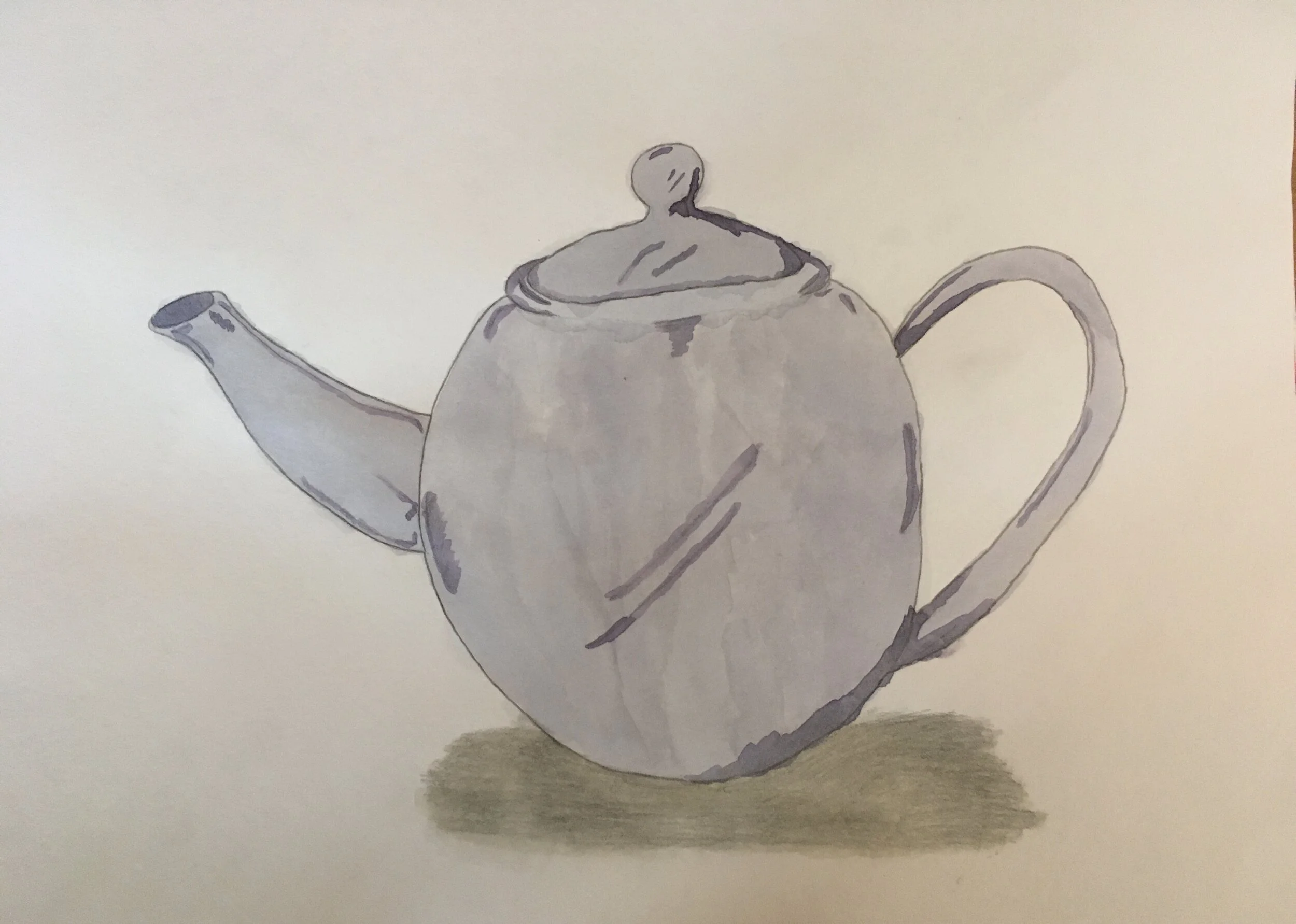Interview With Fervone Goings, WISEST Team Lead
During the summer, I interviewed Fervone Goings, the team lead at WISEST. WISEST is an organization at the U of A that works with minorities in STEM fields in our city. Here’s what she had to say:
What does WISEST do?
Our acronym stands for Women in Scholarship, Engineering, Science, and Technology. At our core has been programming that understands the barriers first for women in STEM and is now lending itself to the bigger picture of diversity in STEM. The barriers that women in STEM have faced are similar to the barriers that gender minorities and the BIPOC community are facing, so we have to have an intersectional approach when it comes to encouraging people to pursue areas where they are underrepresented. Since we started in 1982, WISEST has been focused on understanding those barriers [that minorities in STEM face] and then executing interventions that will have a real world effect on people’s lives. We have tried to create frameworks, programs, initiatives and communities that address barriers that affect grade six students all the way up to young professionals. So, our mission is to promote diversity and encourage underrepresented populations to pursue STEM, but we colour outside the lines too.
What do you do at WISEST?
I am the WISEST team lead, which, in a normal not-for-profit organization would be like an executive director. I work with the board and I oversee staff and programming to make sure we’re meeting the objectives of our organization. I also work on fundraising, grant applications, volunteers, recruitment, the whole nine yards. Mainly, I am responsible for making sure the organization is moving forward and doing what we set out to achieve.
Fervone Goings
What is your background?
I was a female in STEM before working for WISEST. I did an undergrad in honours biology with a chemistry minor and then I did a masters degree at the U of A in environmental microbiology. I worked in research for a number of years and loved it but working in it was a challenge for me. Looking back, with the work I do now for WISEST, I see why I wasn’t thriving. Things like unconscious bias, imposter syndrome, and lack of mentorship led me to feel like I wasn’t in the right place anymore. So I left research and science completely and explored other options. I worked in the not for profit world, and then I saw this opportunity at WISEST that married my work in science and not for profit administration. It really is a dream job for me.
Why is WISEST important to you?
“ I think the complexity of our world demands big thinking and robust consideration from a variety of perspectives.”
From a personal level, but an organizational level as well, diversity is important. Period. When we only think about a problem one way, we only get one solution. To think that any group of people has the answer for the whole is a limited, archaic way of thinking. We have to be open to the fact that other people think differently than we do and think “What can we solve together?’. We think about climate change, coronavirus, our oceans, sustainable living, these are all really big issues and you need diverse people trying to solve them. I think for me, WISEST represents the best part of what true collaborative thinking is meant to be.
What is your favourite thing about the Edmonton STEM community?
I am constantly thrilled by the amazing group of volunteers that [WISEST] engages with. I know there are other communities that seem to struggle with getting volunteers, but in Edmonton, volunteerism is accepted and almost expected. We engage with over six hundred volunteers a year and they give over twelve thousand hours of time to our programs. [WISEST volunteers] genuinely love their jobs and love encouraging young people to see themselves in a career and a successful future. Edmonton is also very diverse. Young students come to WISEST events, maybe never seeing themselves represented in STEM and then they say “hey, that person looks like me, they’re doing this cool thing, I could see myself doing that”. I think Edmonton is a really good place that fosters community spirit and giving back and that’s exciting.
What advice would you give to your high school self?
I remember that midway through grade eleven you start to think “what am I gonna do with my life” and I think that anxiety is creeping in earlier and earlier, which is really unfortunate. But life is a journey that you can’t predict, so take a breath and remind yourself that you can only make the best decision today with the knowledge you have. Be open to what life brings you but also pursue opportunities, pursue what you want. I think we’re too paralyzed to make a decision because we’re afraid we won’t make “the right” decision but I think any decision is better than no decision. It might not be the perfect thing but it will lead you somewhere where you can learn and grow. Have the courage to try something new, you will always learn something from it.
I encourage young people to use their social media to interact with people. If there is somebody who you think is doing the greatest thing in the world, whether its a career or research or an activity, follow them on twitter, reach out to them on instagram. People like talking about themselves so if you reach out, I would find it hard to believe that they wouldn’t respond. Use this great tool you have to explore what your future could look like. Use social media to your advantage. It’s more than just tik tok videos.




